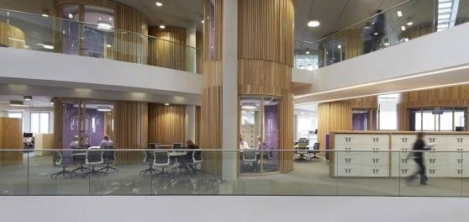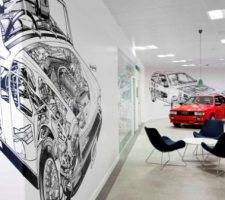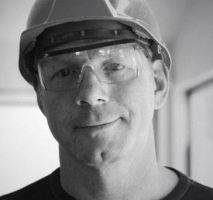December 11, 2014
New report uncovers habits and habitats of London’s workplace tribes
 City workers have been proven to ‘work hard and play hard’ more than those in other areas of Greater London, according to an extensive study of the capital’s office workers. Those in the Square Mile have the longest hours (45.3), spend most nights out drinking (two) and as a consequence suffer from the highest number of hangovers on a weekly basis. The findings are part of a research project by Avanta Serviced Office Group, to reveal the contrasting habits, characteristics and lifestyles of those working in different areas. The study questioned over 1,500 office workers across the city and found: City of London workers are most likely to ‘work hard and play hard’, often snoozing in the workplace at lunchtime to catch up on their sleep; weary West Enders are out-shopped by workers in the City; Islington is the cycling and social media capital of London; and Croydon has the most office romances.
City workers have been proven to ‘work hard and play hard’ more than those in other areas of Greater London, according to an extensive study of the capital’s office workers. Those in the Square Mile have the longest hours (45.3), spend most nights out drinking (two) and as a consequence suffer from the highest number of hangovers on a weekly basis. The findings are part of a research project by Avanta Serviced Office Group, to reveal the contrasting habits, characteristics and lifestyles of those working in different areas. The study questioned over 1,500 office workers across the city and found: City of London workers are most likely to ‘work hard and play hard’, often snoozing in the workplace at lunchtime to catch up on their sleep; weary West Enders are out-shopped by workers in the City; Islington is the cycling and social media capital of London; and Croydon has the most office romances.




















December 10, 2014
We should bring the soft landings idea back to Earth with a bump
by Andrew Brown • Comment, Facilities management, Property
(more…)